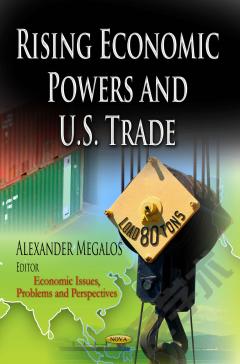Economic Growth and the Ending of the Transatlantic Slave Trade
This is the first study to consider the economic consequences of Britain's abolition of the Atlantic slave trade. Why did Britain pull out of the slave trade just when it was becoming important for the world economy and the demand for labour around the world was high? Caught between the incentives offered by the world economy for continuing trade at full tilt and the ideological and political pressures from its domestic abolitionist movement, Britain chose to withdraw, believing, in part, that freed slaves would work for low pay which would in turn lead to greater and cheaper products. David Eltis here contends that this move did not bolster the British economy; rather, it vastly hindered economic expansion as the Empire's great reliance on slave labour had played a major role in its rise to world economic dominance.
{{comment.content}}








 京公网安备 11010802027623号
京公网安备 11010802027623号